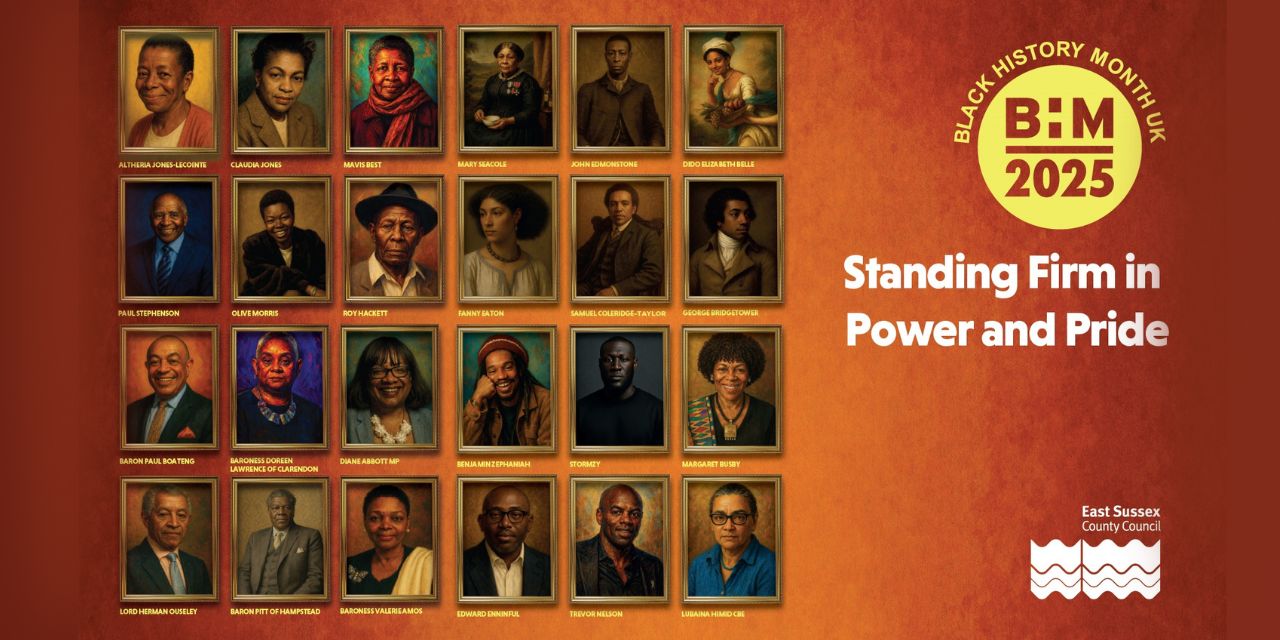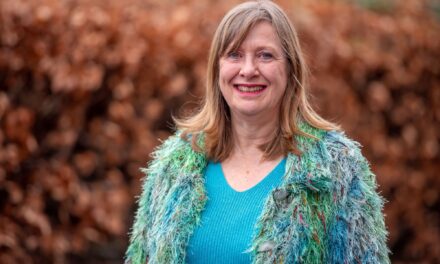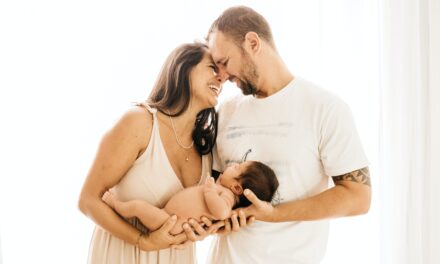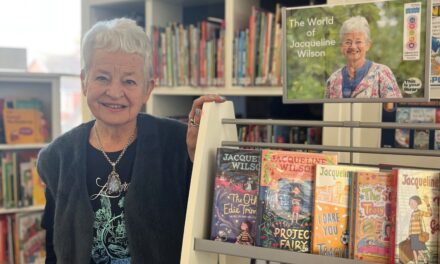October is Black History Month and this year’s theme is ‘Standing Firm in Power and Pride.’ It’s a time to learn, celebrate, reflect, and look to the future, recognising Black people who’ve shaped British history — including right here in East Sussex.
How it began
Black History Month has been a firm fixture in the UK for decades, but how did it come about? It all started with Akyaaba Addai-Sebo, who at the time was a projects officer at the Greater London Council. He wanted to boost the self-esteem of Black British children and young adults by educating them about the achievements of Black people living in the UK. Taking inspiration from Black History Month (also known as African-American History Month) in the United States, the first official UK event took place on 1st October 1987. Find out more about the origins of Black History Month in the US and other countries.
Key anniversaries
Almost 40 years on, Black History Month marks some key anniversaries this year. Powerful reminders of the ongoing struggle for equality and justice, they highlight the tireless efforts of those who fought (and are still fighting) for the rights of Black people and communities through the generations. Milestones include:
- The 60th anniversary of the Race Relations Act and the assassination of Malcolm X.
- Eighty years since the historic Fifth Pan-African Congress brought together visionaries such as W. E. B. Du Bois, Kwame Nkrumah, and Amy Ashwood Garvey to demand an end to colonial rule and racial oppression.
We also remember changemakers who’ve passed away over the last year, including:
- Paul Stephenson OBE (1937–2024), the civil rights campaigner who led the 1963 Bristol Bus Boycott — a defining protest against racial discrimination that helped inspire the legislation we now commemorate.
- Lord Herman Ouseley (1945–2024), former Chair of the Commission for Racial Equality, whose work shaped national conversations around race, education, and institutional reform.
Here’s a more detailed timeline of Black History.
Black history in East Sussex
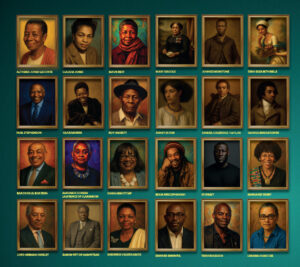
From the king of reggae and stars of the stage and screen, to ground-breaking work shaping profession and industry for future generations, East Sussex is home to some defining moments in Black British culture and history. Here are just some of the Black pioneers who broke down barriers to challenge attitudes, inspire new paths, and bring about change in East Sussex and beyond:
- More than 50 years ago, reggae legend Bob Marley, whose Dad comes from Crowborough, stepped on to the stage at Bexhill’s De La Warr Pavilion in a UK debut. A relatively unknown name at the time, Marley played support for Johnny Nash at a benefit concert, organised by the Bexhill Lions club for Glyne Gap School’s swimming pool fund. Listen to the full story.
- Sir Lenny Henry reveals how American actor Ira Aldridge defied prejudice and transformed British theatre — starting with a powerful performance at the Theatre Royal in Brighton. Aldridge came to Britain in 1825 and toured regional theatres including Brighton, where he performed regularly before becoming an international success. Listen to Sir Lenny Henry’s account on BBC Sounds.
- George Bridgetower was a virtuoso violinist born in 1778, who performed with Beethoven and dazzled audiences across Europe. Showing huge talent from an early age, Bridgetower became a regular fixture at Brighton’s Royal Pavilion, where he was a member of the orchestra of the British Prince Regent — the future King George IV.
- Nursing pioneer Dolly Bhagwandin from Guyana, who came to Brighton in 1956 aged 20. She trained at Brighton General Hospital and later became the city’s first Caribbean ward sister.
It’s more than a month
Black History Month takes place every year but it’s important to recognise that our efforts shouldn’t just be focussed on one month. We all need to take individual responsibility for our education, awareness, and reflection. And we need to do this all year round.
Learn, celebrate, reflect
This Black history Month and beyond, there are so many ways to keep discovering, learning, and sharing. You could:
Uncover unsung Black British heroes
Often overlooked or obscured from history, learn about the Black British heroes you may never have heard of. Here are just 12 that everyone should know about.
Delve into Black history
As David Olusoga says, “Black British history is woven into the histories of the nation. It is not a singular history, but one that belongs to us all.” This timeline is a good place to start.
Explore local stories
Research Black history in your local area. Find out more about the British West Indies Regiment at Seaford, or browse archives like Echoes of Brighton’s Past.
Add to your must-reads
Whether you prefer poetry, prose, or visceral accounts of race and identity, Black British literature powerfully captures diverse voices and experiences. Here’s some suggestions.
Pop on a podcast
Listen to historical accounts, contemporary conversations, and people’s stories. Why not add a podcast by a Black content creator to your playlist?.
Look out for the gaps
Attend or host a Black culture event in your community. Seek out exhibitions, museums and events centring Black people – and look for the gaps, where Black people and other diverse perspectives aren’t visible.
